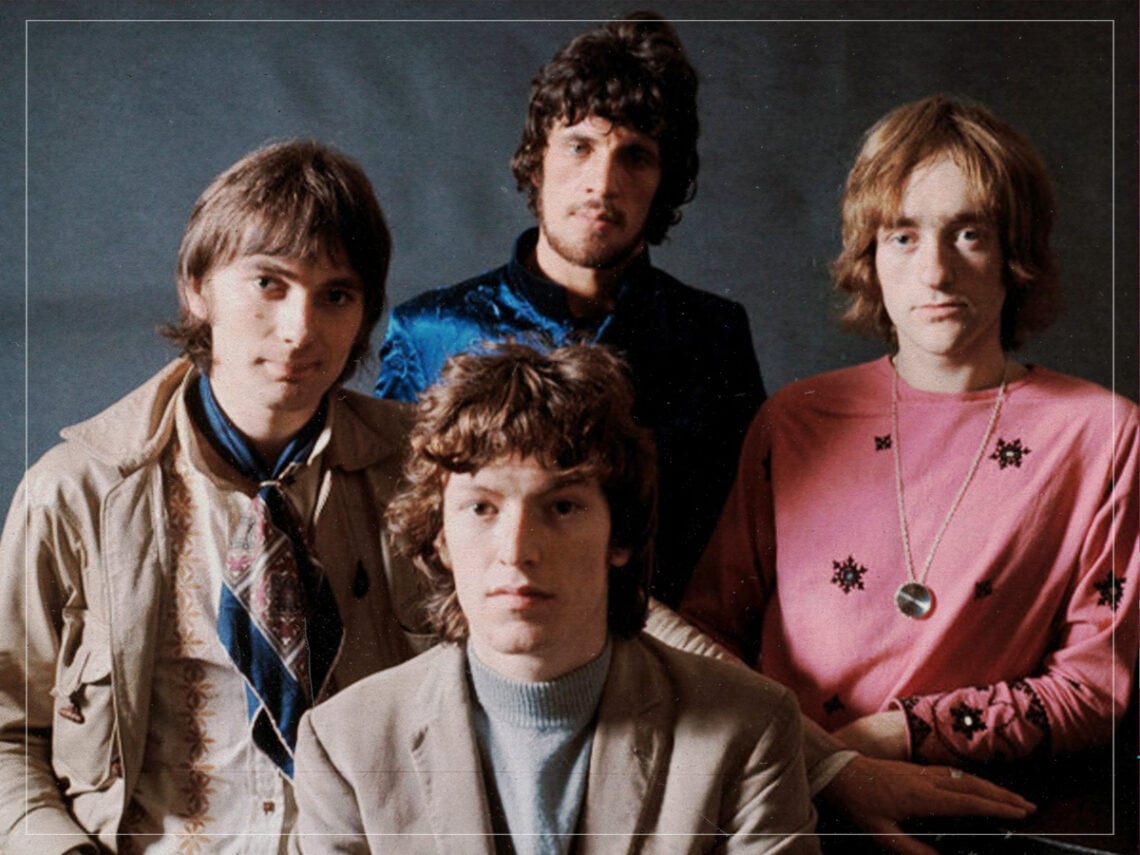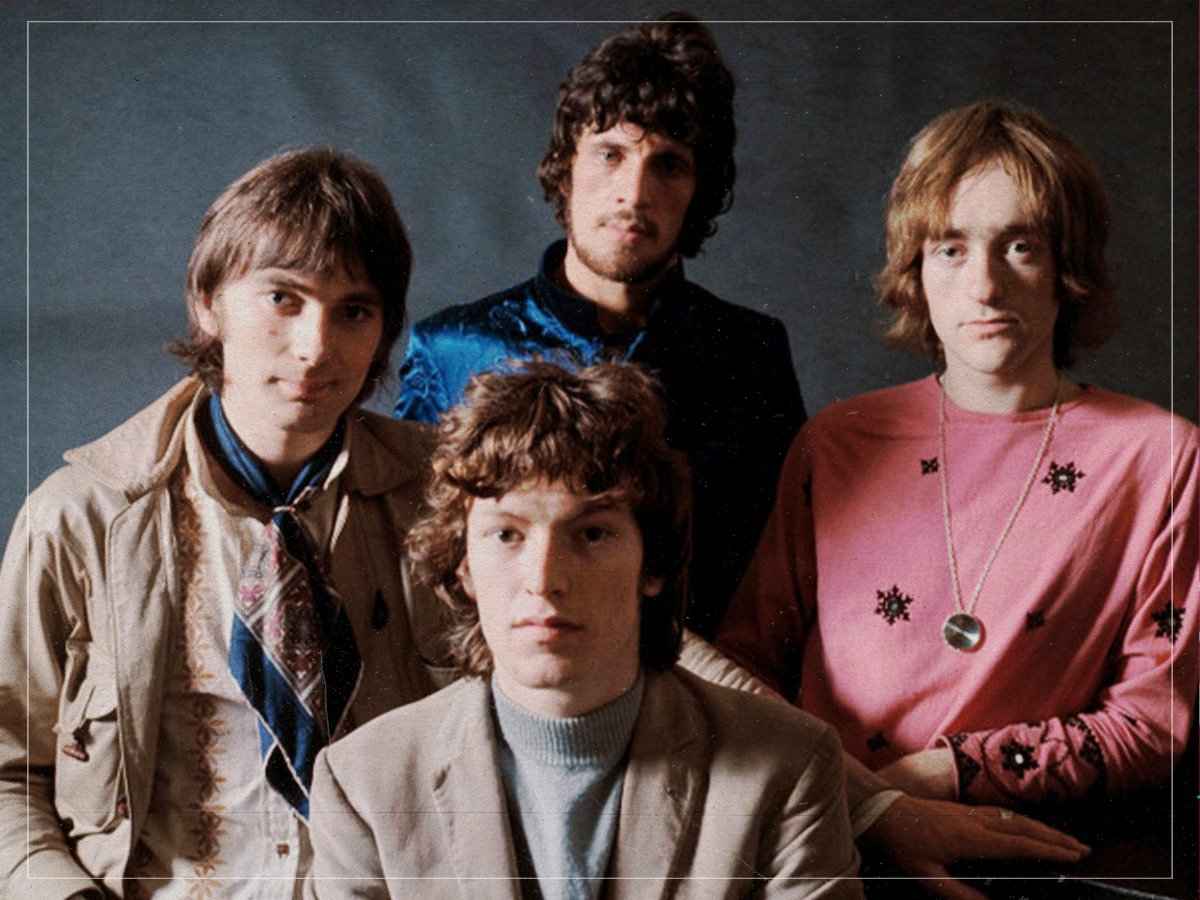
(Credits: Far Out / Traffic)
Thu 2 October 2025 5:00, UK
While they were never as fortunate as some of their contemporaries in terms of the amount of success they garnered, Traffic were more than capable of writing songs that matched the brilliance of progressive rock counterparts.
Perhaps they were a little too ahead of their time or too advanced in their ideas to really make an impression, but eventually, they managed to break through and achieve reasonable amounts of success in both the UK and US. While they weren’t considered to be on par with other similar-minded acts such as Jethro Tull, Cream or The Band, who all fused together elements of prog, blues and psychedelia, there was always the suggestion that Traffic were the underdogs of the era, and that a major breakthrough was inevitable.
The three albums they released in their initial run between 1967 and 1969 showed signs of a promising act waiting for their turn in the spotlight, but it was in their early ‘70s output where they released their most spectacular work such as John Barleycorn Must Die and The Low Spark of High Heeled Boys. Things unfortunately wouldn’t last beyond this fruitful period, and the band would call it quits and not return for 20 years after the release of their 1974 album, When the Eagle Flies.
But that golden period almost never happened, as the band self-imposed a brief hiatus at the end of the previous decade, and there were supposedly forces beyond their control standing in their way when it came to achieving the levels of greatness that they had dreamed of gaining.
While recording of their debut album, Mr. Fantasy on a 19th-century farm in Berkshire, things started to go awry even before they’d had their flashes of mainstream success. The then quartet of Jim Capaldi, Steve Winwood, Chris Wood and Dave Mason had plenty of talent and ideas between them, but the location where they chose to record this initial offering had its own share of mystique about it that seemed to want to curse this group and prevent them from ever reaching the peak of their powers.
Speaking about the dilapidated environment of the farm stables that they had set up their studio in, Winwood claimed that there were some surreal goings on that they desperately tried to use to their own advantage and as a source of inspiration, but they weren’t entirely sure what it was that was possessing them to do so. “We all felt there was some mystery in the landscape,” he claimed, “and we wanted to see if we could get the same mystery into Traffic’s music and somehow be influenced by that mystery. We didn’t really know how, but we were influenced by that mystery.”
However, Capaldi claimed that these forces were ultimately what caused their demise as a band, and he looks back on the experience of recording the debut album as the catalyst for their initial breakup in 1969. “There was something evil in that cottage,” he argued, and would say that large amounts of the blame for their downfall was due to these nefarious spirits that they were sharing a space with.
While this all sounds like a nonsensical ghost story, how else would you go about explaining why a band as good as Traffic failed to hit the big time?
Related Topics
